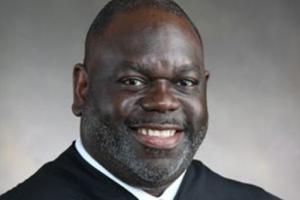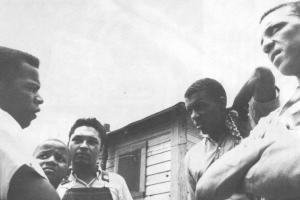Tidbits - February 26, 2015 - Netanyahu; Greece; George Washington, Slavery, Populist Challenger, Lynching, Teachers, Militarized Future, Water Privatization, and more...
Portside
 Reader Comments- Netanyahu Doesn't Speak for All American Jews; SYRIZA, Greece; George Washington and Slavery; Lesley Gore; Needed-Populist Challenger; Tax Top Incomes; Militarized Future; Mississippi's Racial Murders; Ai-jen Poo, Aging; Walmart; West VA Coal; Bad Cops; Chapel Hill Murders; Water Privatization; Teachers and Education Today; Medical Volunteers Needed: Rojava
Announcements: Film "Made in Dagenham", Identity Politics-Foundation for Coalition Building
Reader Comments- Netanyahu Doesn't Speak for All American Jews; SYRIZA, Greece; George Washington and Slavery; Lesley Gore; Needed-Populist Challenger; Tax Top Incomes; Militarized Future; Mississippi's Racial Murders; Ai-jen Poo, Aging; Walmart; West VA Coal; Bad Cops; Chapel Hill Murders; Water Privatization; Teachers and Education Today; Medical Volunteers Needed: Rojava
Announcements: Film "Made in Dagenham", Identity Politics-Foundation for Coalition Building










Spread the word